Montage Technology, one of China's many fabless semiconductor companies, has launched the new Jintide C6P series of server processors. The C6P chips, based on Intel's Granite Rapids platform with additional security and tracking features, are designed explicitly for the Chinese market.
Montage Technology, along with China's renowned Tsinghua University, struck a special deal with Intel back in 2016. Under the chip venture, Montage Technology could reconfigure Intel's Xeon processors with added Chinese-specific security features and subsequently commercialize them in the Chinese market. Having launched the fifth-generation Jintide chips, based on Emerald Rapids, two years ago, Montage Technology has now progressed to the sixth-generation Jintide platform, leveraging Granite Rapids' design.
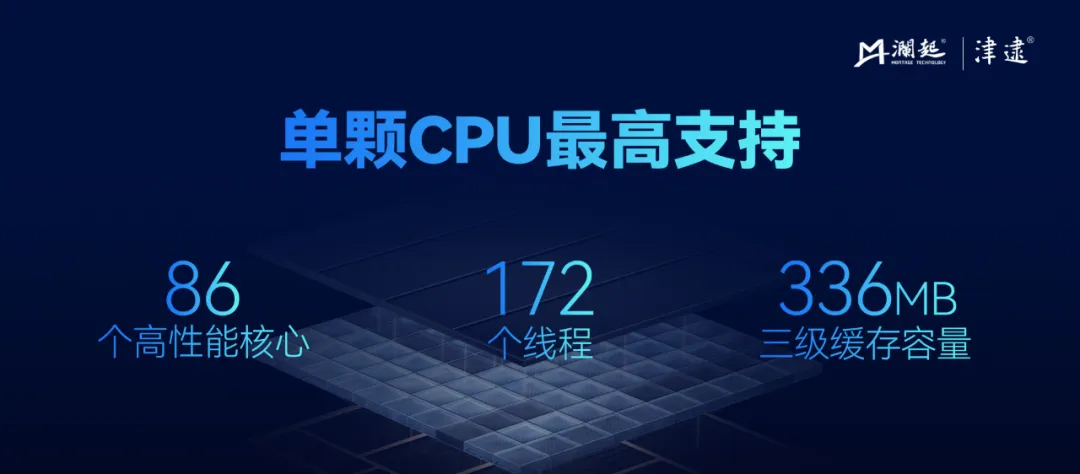
It's essential to note that Montage Technology is utilizing the Granite Rapids-SP silicon, which is at the core of the Xeon 6700 and 6500 series, ranging from eight to 86 cores. The company isn't touching the Granite Rapids-AP silicon, which powers the Xeon 6900 series, featuring core counts between 72 and 128. Montage Technology hasn't confirmed if it'll bring Granite Rapids-AP to the Chinese market.
Although Montage Technology hasn't listed the C6P series on its website or provided specifications in the press release, we already know what the new Jintide chips bring, as they leverage Granite Rapids' configuration. The company showcased the C6787P in the press image, which is essentially the Xeon 6787P. It's easy to decipher Montage Technology's model names, as the company adds the "C" prefix to the front of Intel's SKUs. The Xeon 6787P is an 86-core, 172-thread processor with 336MB of L3 cache, retailing for around $10,400 in the U.S. market.
The Jintide C6P processors will also enjoy Granite Rapids' other features, such as 2S scalability, eight-channel DDR6-6400 RDIMM and DDR5-8000 MDRIMM support, 88 high-speed PCIe 5.0 lanes, and CXL 2.0 support. At the chip level, the C6P series is repacked with specific data encryption and decryption algorithms along with surveillance features, as these chips are likely to be used by the Chinese government, healthcare, and financial sectors.
Follow Tom's Hardware on Google News to get our up-to-date news, analysis, and reviews in your feeds. Make sure to click the Follow button.

 3 months ago
47
3 months ago
47
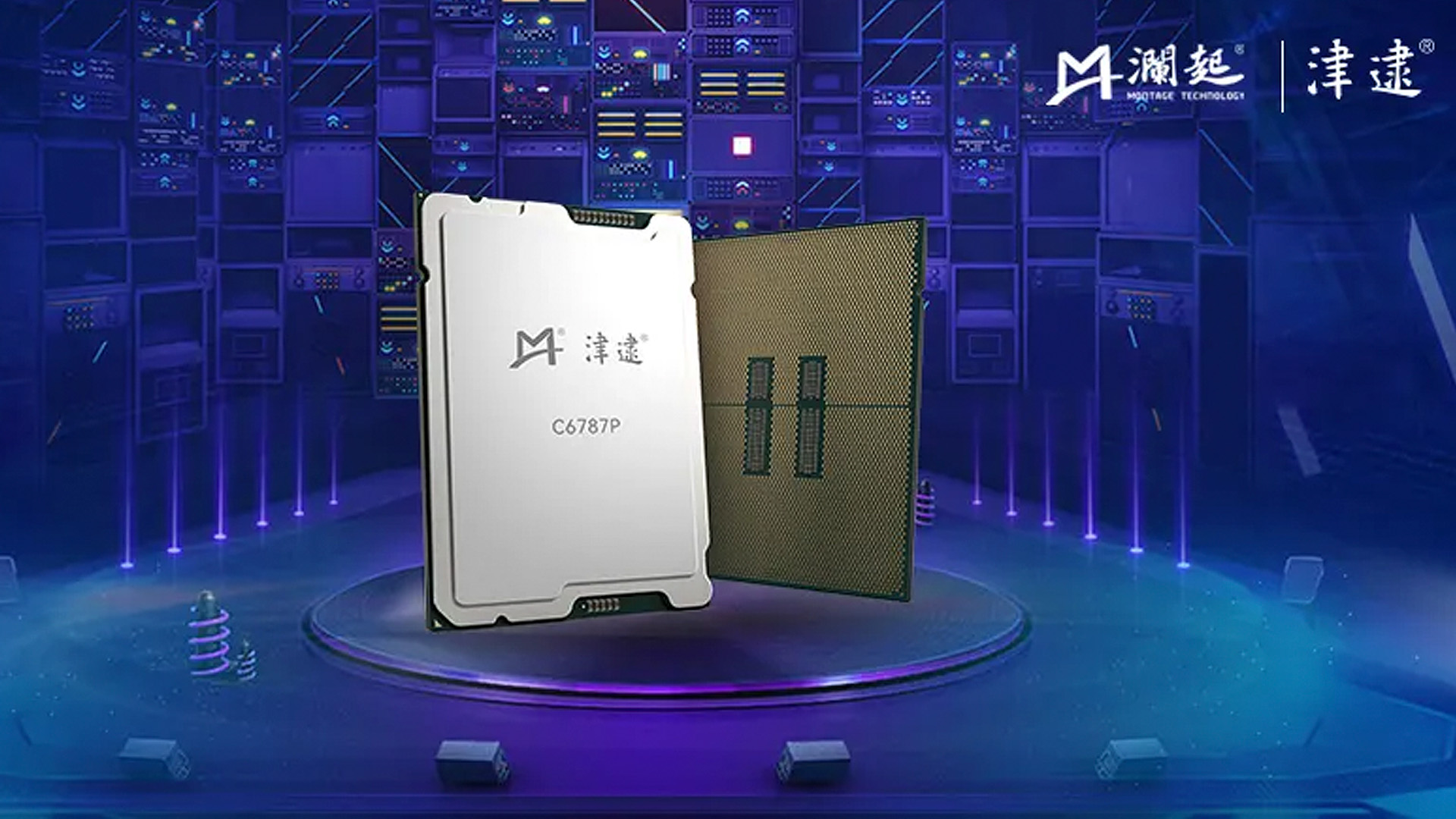
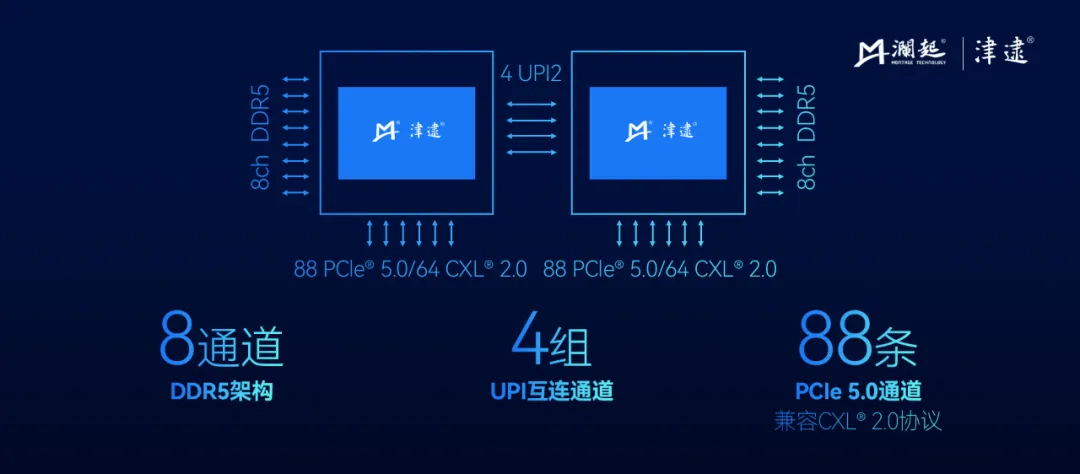

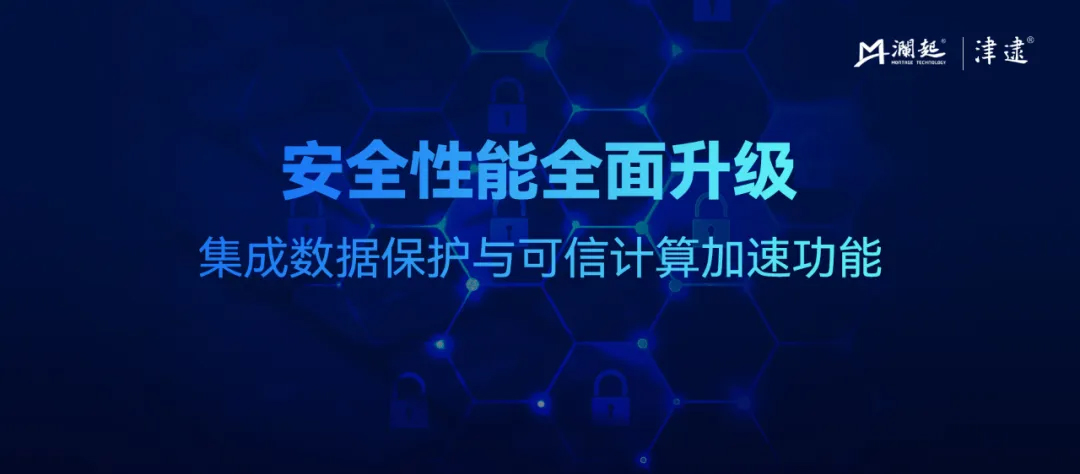
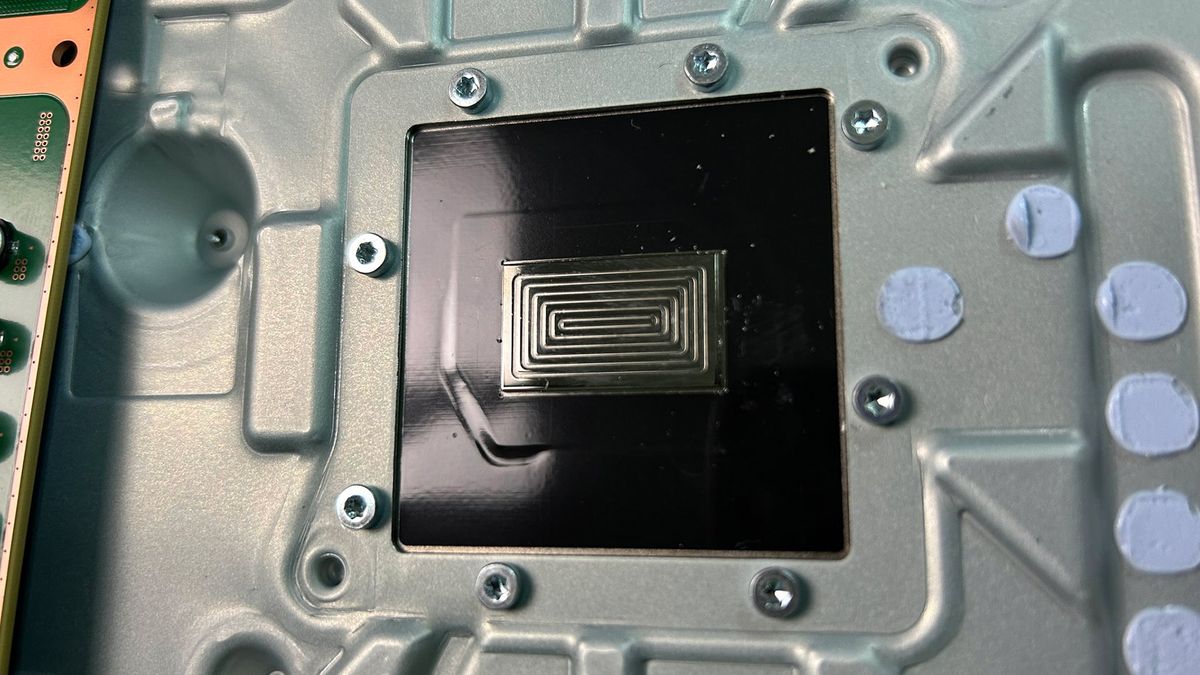
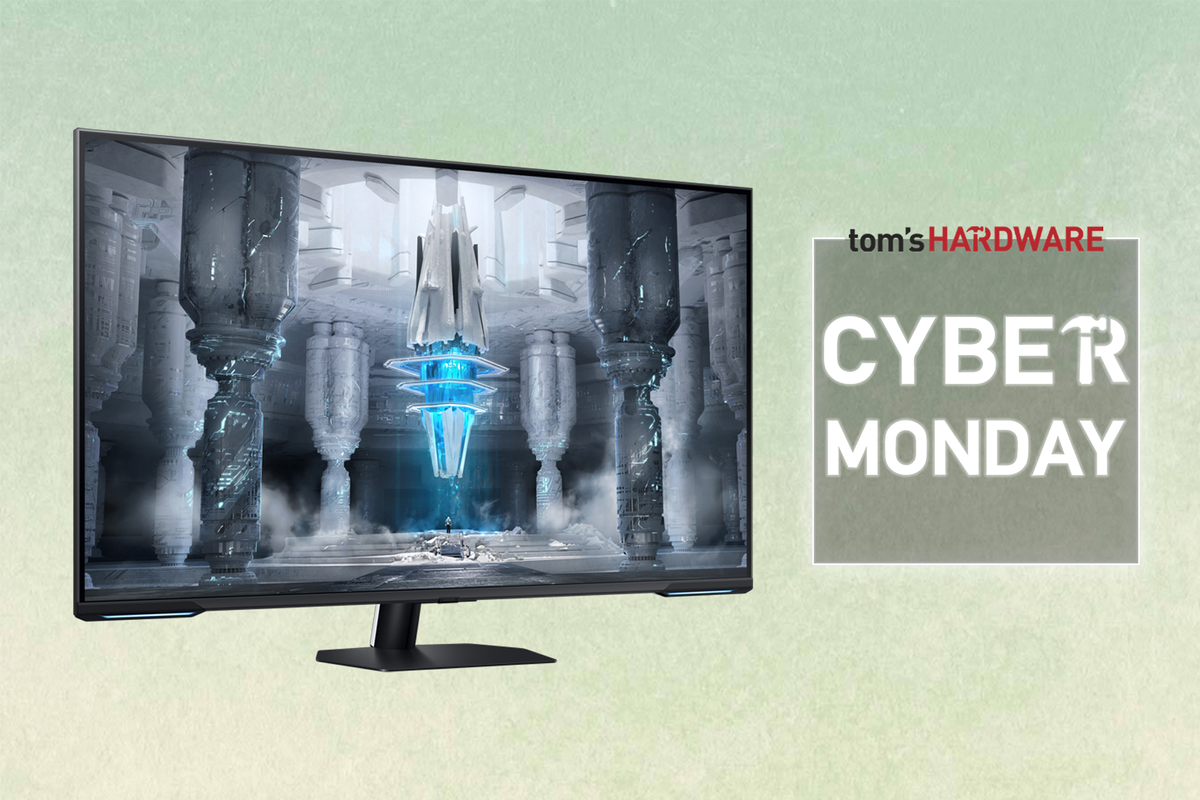
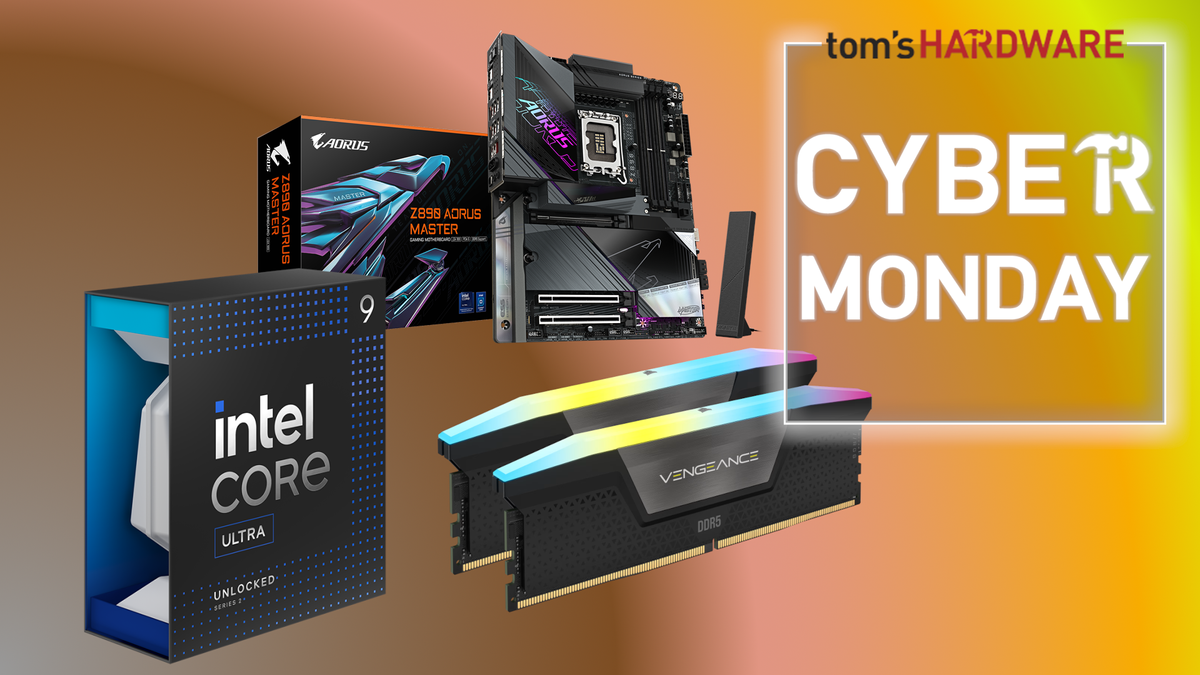


 English (US) ·
English (US) ·